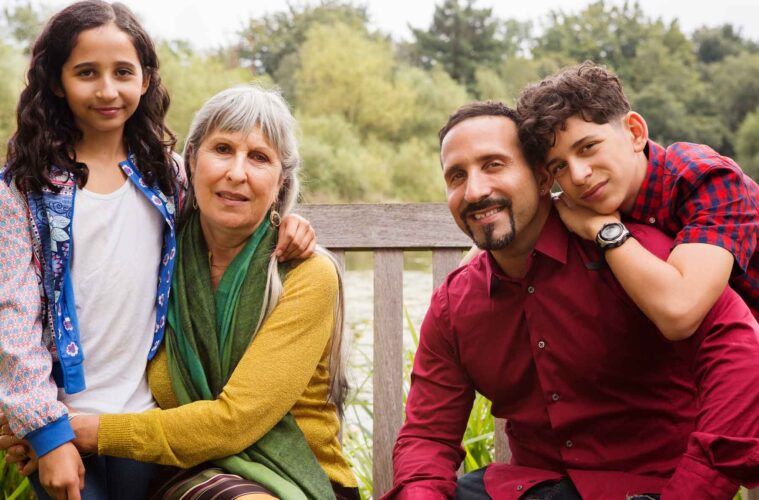Why This Study Was Done:
This study wanted to learn what it’s like for families who take care of teens with Fetal Alcohol Spectrum Disorder (FASD). Most research talks about what teens with FASD can’t do, but not enough looks at what they can do — or how their strengths can help them in daily life. The researchers talked to seven caregivers in Australia to find out more.
What is FASD:
FASD happens when a baby is exposed to alcohol before birth. It can affect how a person thinks, learns, and acts. Teens with FASD often need help from teachers, doctors, and other professionals.
How The Study Worked:
The researchers interviewed seven female caregivers who have been raising teens with FASD. The teens were all between 11 and 18 years old. The interviews helped researchers understand how these caregivers see their teens’ needs and the support they get — or don’t get.
What The Caregivers Said:
- Anxiety is a big barrier. Many teens with FASD feel anxious, and this stops them from joining activities or trying new things.
- Strengths matter. When caregivers focused on what their teens were good at, the teens were more likely to take part in activities.
- Support isn’t great. Caregivers said that many professionals didn’t work well together and didn’t really understand FASD, which made it hard to get the right help.

Why This Is Important:
Most support services look at what teens with FASD struggle with. But focusing on their strengths — like hobbies, talents, and interests — could help them join in more and feel better about themselves.
What Can Be Done:
- Professionals should work together better and learn more about FASD.
- Support plans should focus on the teen’s strengths, not just the problems.
- Families need help that fits their teen’s daily life, not just medical care.
Bottom Line:
When caregivers and professionals focus on what teens with FASD can do — and not just what they struggle with — it helps them feel more confident and involved. That makes life better for both teens and their families.
Source: CanFASD, 2025 (Modified from article: https://doi.org/10.1111/chso.12831)
